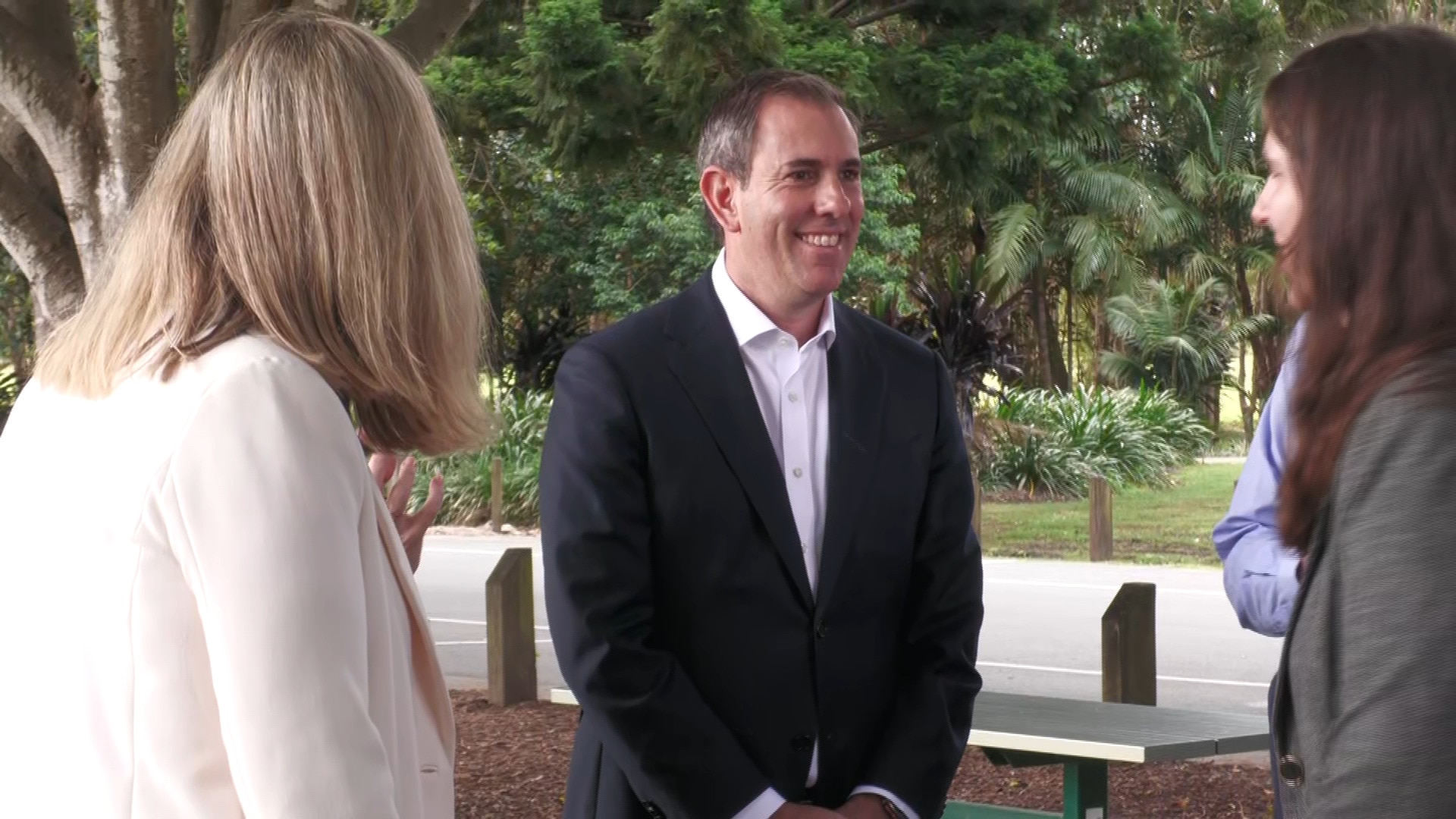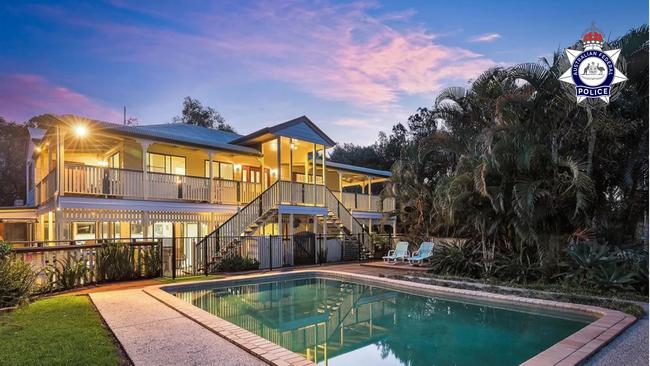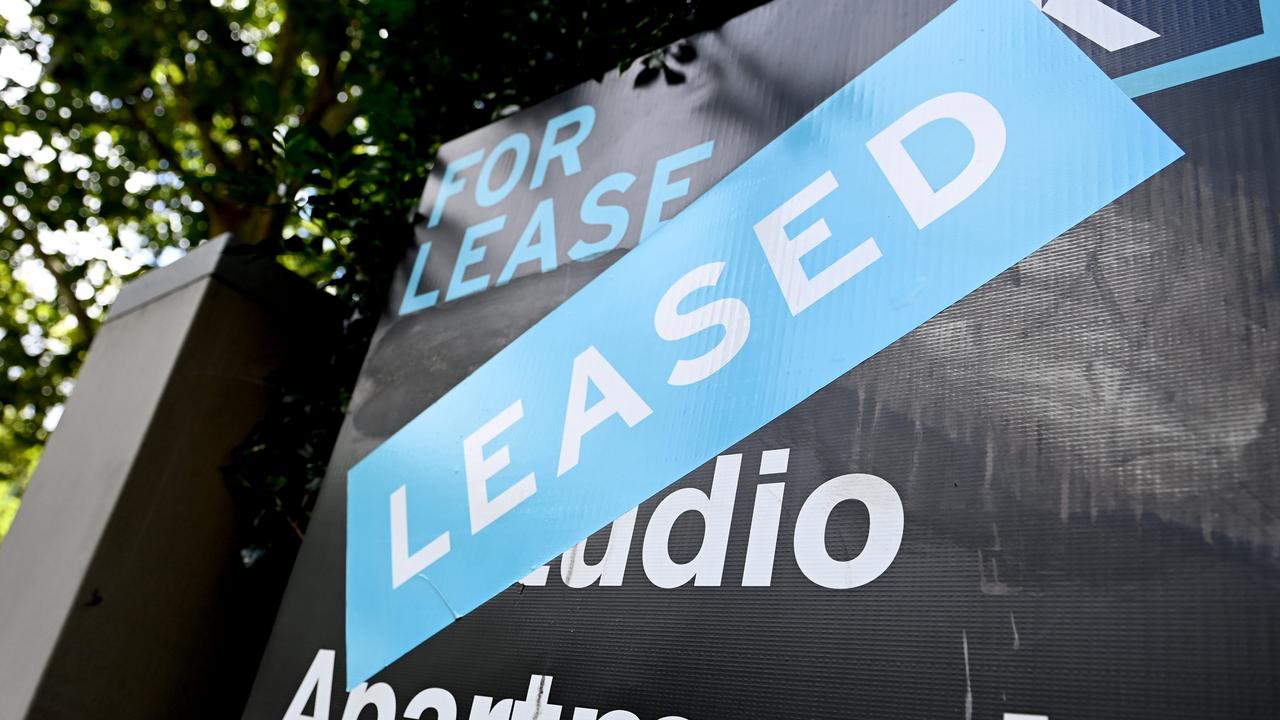Hacker’s waterfront home, Mercedes and Bitcoin forfeited in cybercrime probe
An Aussie convicted of hacking a US gaming company has had his waterfront home, luxury car, and cryptocurrency worth more than $4.5m forfeited in an AFP investigation.

Breaking News
Don't miss out on the headlines from Breaking News. Followed categories will be added to My News.
A waterfront mansion, a luxury car and cryptocurrency - together valued at more than $4.5m - have been seized in a major cybercrime investigation, which led police to a Queensland man once convicted of hacking a US gaming company.
The assets were seized by the AFP-led Criminal Assets Confiscation Taskforce (CACT) after being identified as suspected proceeds of crime linked to the theft of cryptocurrency and cyber hacking.
The forfeiture brought to a close Operation Gouldian, which began after law enforcement partners in Luxembourg tipped off AUSTRAC in 2018 about suspicious Bitcoin activity.

Authorities traced the transactions to a Queensland man who had previously been convicted of hacking a U.S. gaming company.
Investigators also suspected the man was linked to the 2013 theft of 950 Bitcoin from a French cryptocurrency exchange.
Although no criminal charges were laid in Australia, CACT used civil powers available under proceeds of crime laws to freeze and ultimately confiscate the assets. These laws allow action to be taken even when a prosecution is not pursued.
In July 2023, the AFP obtained restraining orders over a luxury home in Beachmere, a black 2019 Mercedes-Benz sedan, and just less than 25 Bitcoin. Authorities alleged the man’s wealth was not supported by any legitimate income.
AFP Commander Jason Kennedy said targeting illegal profits remained a key strategy in tackling cybercrime.
“Criminals are driven by greed at the expense of honest Australians and businesses who are losing their hard-earned money to cyber criminals,” he said.
“The profits derived from criminal activities are also often used to fund further criminal acts, which is why the AFP works closely with our partners in the CACT to target the proceeds of crime and ensure they are reinvested in the community.”
Since July 2019, the taskforce has restrained more than $1.2bn worth of criminal assets, including property, luxury goods, cryptocurrency, and even yachts and fine art.
CACT permanently established in 2012 to proactively trace and confiscate criminal wealth.
The assets will now be liquidated, with proceeds then placed into the Commonwealth Confiscated Assets Account, where they can be directed by the Attorney-General to support community initiatives such as drug prevention or law enforcement programs.
Originally published as Hacker’s waterfront home, Mercedes and Bitcoin forfeited in cybercrime probe

